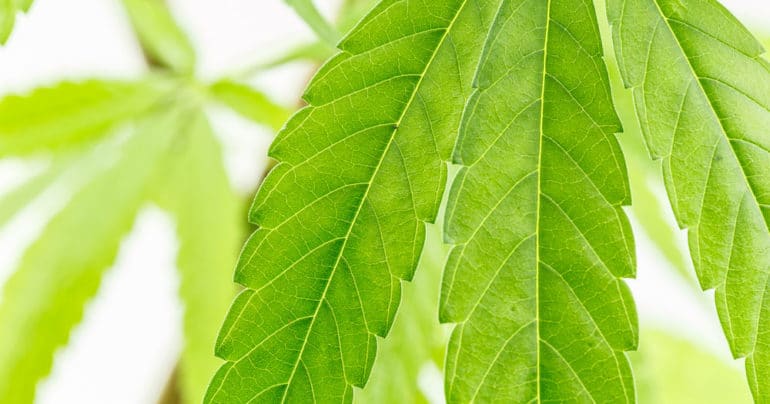Smoking cessation has become a critical medical topic. According to a British study, cannabidiol (CBD) could be a new potential treatment for nicotine dependence. Specifically, smokers who had taken CBD as soon as they felt the urge to smoke reduced the number of cigarettes they smoked by about 40 percent.
Nicotine is the substance responsible for the addictive effect of cigarettes, and is a vegetable alkaloid in nightshade plants and tobacco plant with many effects. In low doses nicotine has a stimulating effect, can inhibit appetite, and sharpen alertness.
However, the higher the dose taken, the more this substance acts as a sedative. Nicotine then supports relaxation and has a calming effect. Smokers often unconsciously take advantage of this effect by taking deeper draws if they want a relaxing experience, and rather flat draws for the stimulating effect of cigarettes.
Nicotine is more addictive than heroin or cocaine.
This fact is often overlooked – nicotine has an enormous addictive properties that are significantly more than that of heroin. Indeed, studies have shown that nicotine and alcohol are more addictive than both heroin and cocaine.
The symptoms of nicotine withdrawal are correspondingly varied. Many ex-smokers experience bad mood swings at the beginning of withdrawal, are grouchy, and easy to get angry. Sweating can occur for weeks at night. The following is an overview of the most important withdrawal symptoms:
- nicotine cravings
- anxiety
- lack of concentration
- irritability/bad mood
- weight gain
- depression
- nausea
- headaches
- excessive sweating
However, smoking withdrawal symptoms vary greatly from person to person and depend on how much someone smoked per day. If one gradually reduces their number of cigarettes in order to stop slowly, it is usually a little easier to avoid these symptoms.
CBD against nicotine addiction?
CBD (cannabidiol) is the most important active substance in the hemp plant after THC (tetrahydrocannabinol). In contrast to THC, CBD is not stimulating and euphoric, but soothing, anxiolytic (antidepressant in high doses), analgesic, and anti-inflammatory.
There are currently two binding sites (receptors CB1/CB2) in the organism through which CBD has its effects. These receptors are of natural origin and are found in every human being. They represent the body’s own cannabinoid system, the endo-cannabinoid system, whose exact mode of action has not yet been exactly deciphered. Further information on CBD, the state of research and its fields of application can be found here.
In one study, cannabidiol reduced the cigarette consumption of smokers by about 40 percent.
As early as 2013, researchers from the Department of Psychopharmacology at University College London published the results of a placebo-controlled study according to which cannabidiol/CBD reduced cigarette consumption in tobacco smokers. The study included 24 people who wanted to stop smoking tobacco. For one week, 12 participants received CBD inhalations (cannabidiol, 400 µg/hub) and the other 12 participants received only placebo inhalations.
Patients should inhale CBD whenever they felt the urge to smoke. There were no differences in tobacco consumption among smokers treated with placebo. In contrast, the smokers who had taken CBD reduced the number of smoked cigarettes by about 40 percent. Even after the one-week application was completed, the CBD effect persisted for a while.
Potential form of treatment
In summary, the authors from the UK wrote that “these preliminary data, combined with the strong pre-clinical basis for the use of this substance, suggest that CBD is a potential treatment for nicotine dependence, which justifies further research.












